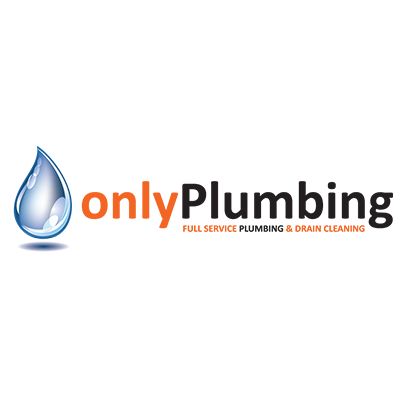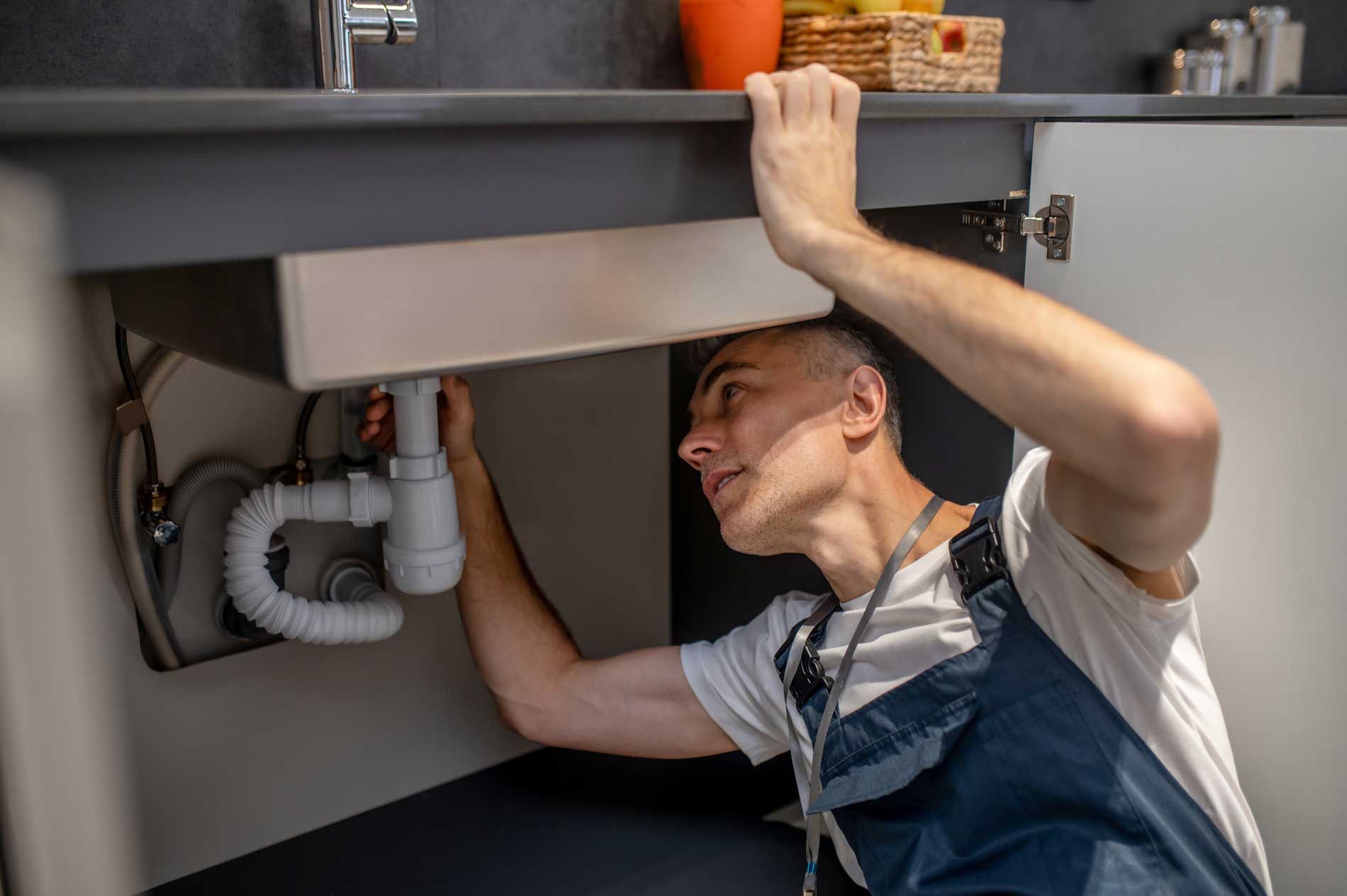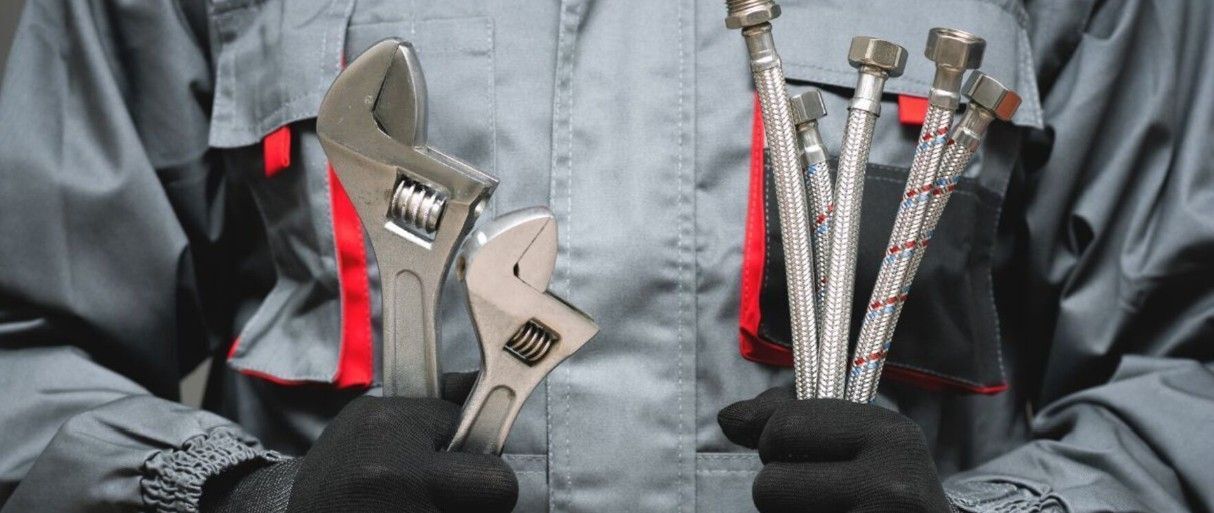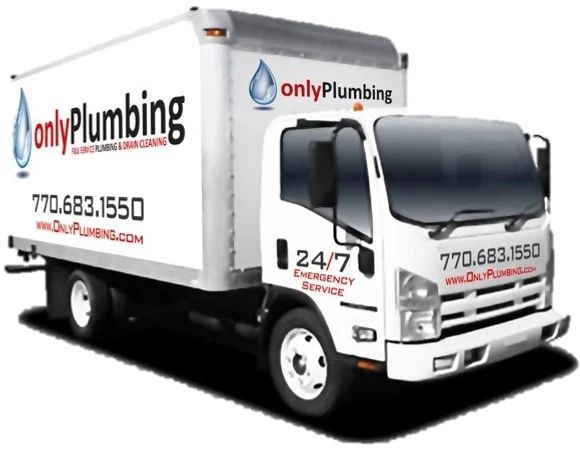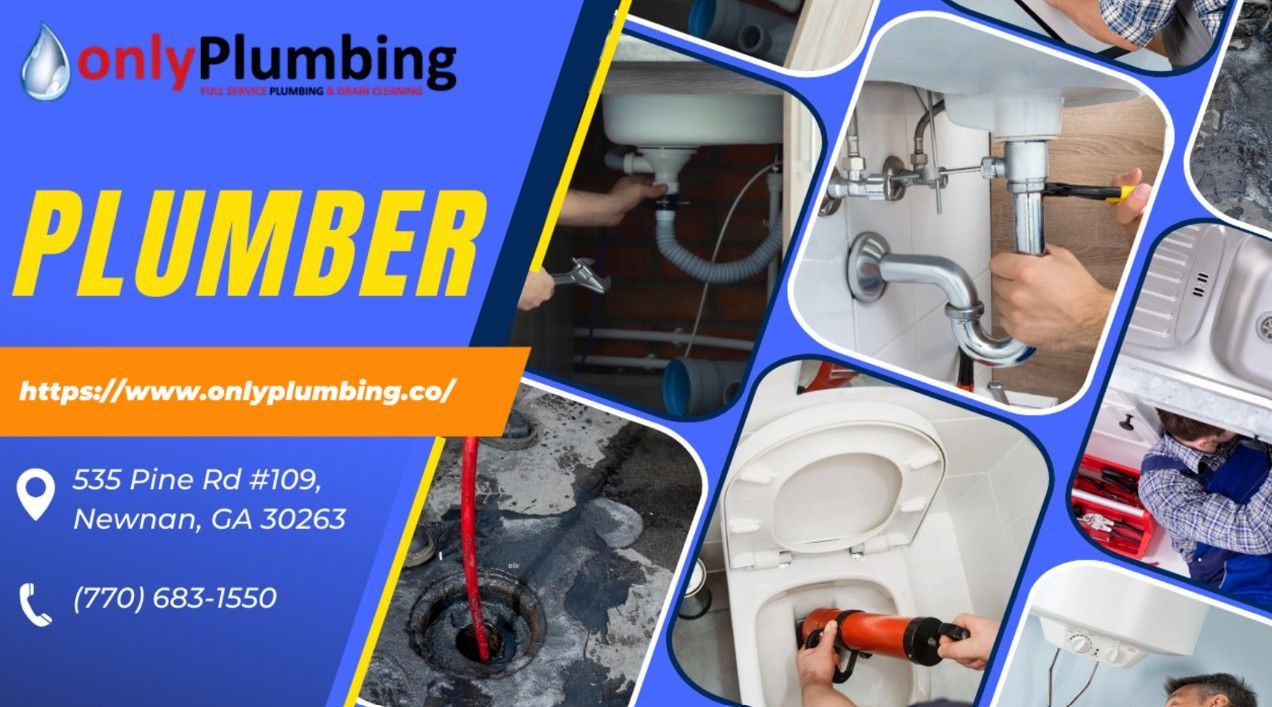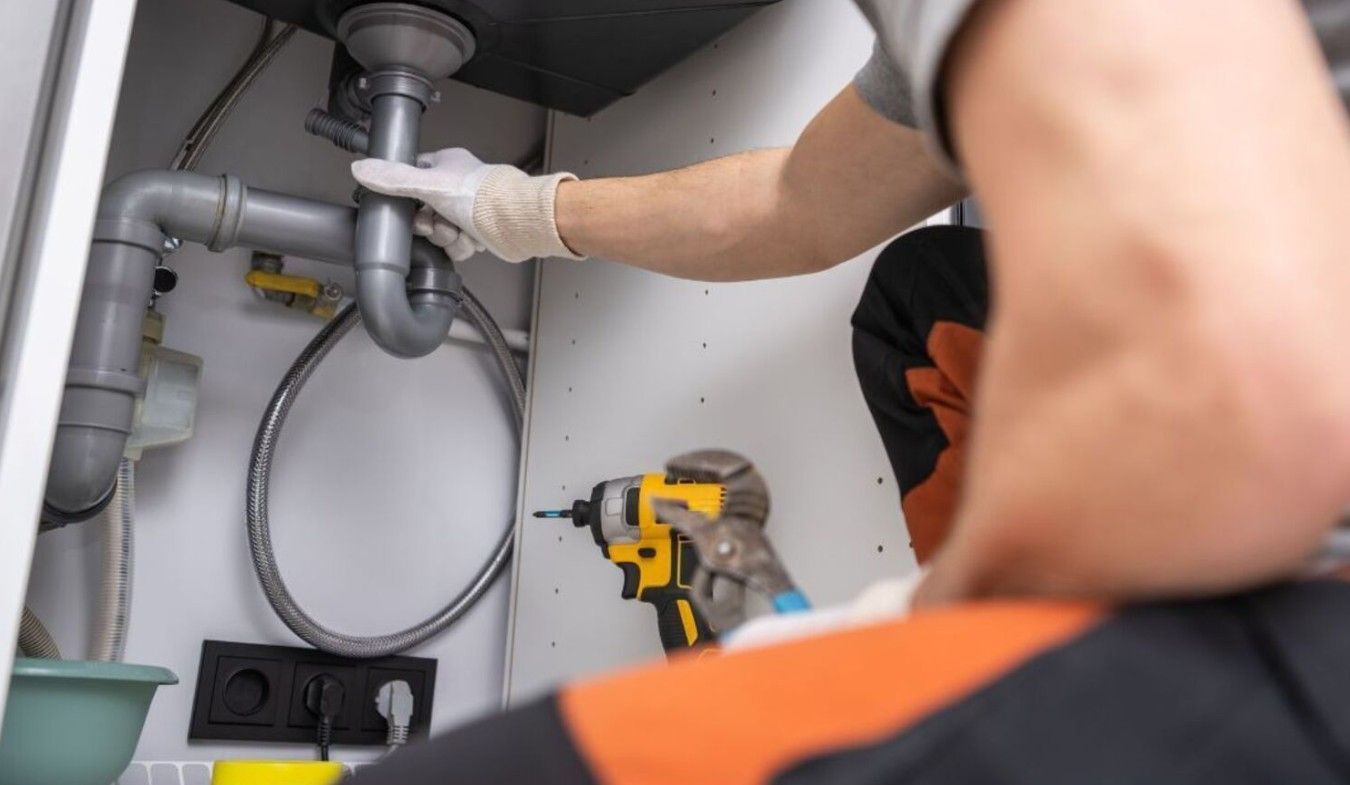Blogs
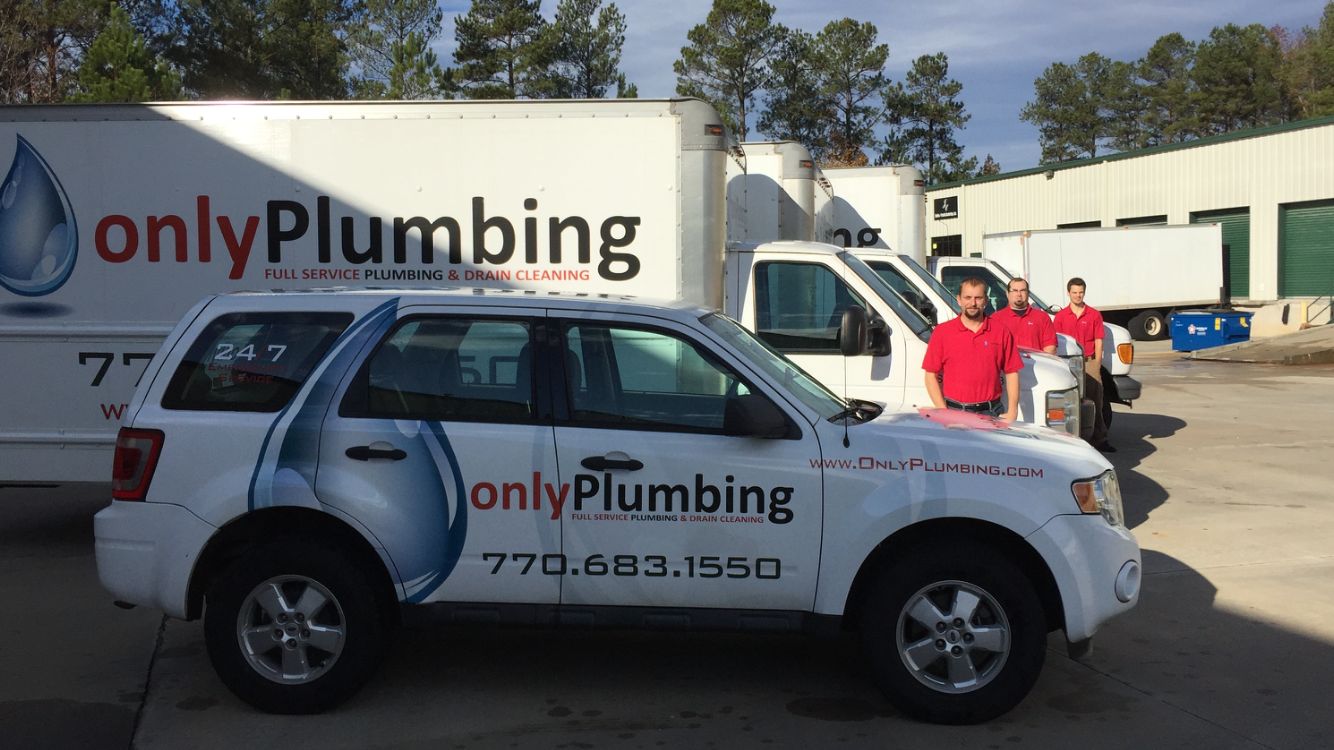
When plumbing problems strike your home or business, the first thing most people search for is a plumber near me. In Newnan, GA , you will find many options, but not all plumbers are created equal. One of the most important decisions you can make is choosing a licensed professional. Hiring a licensed plumber near me in Newnan, GA offers peace of mind, long term savings, and dependable workmanship that unlicensed contractors simply cannot guarantee. A licensed plumber near me has completed required training and passed state and local exams. This means they understand plumbing codes, safety standards, and proper installation methods. In Newnan, GA, plumbing codes are in place to protect homeowners from unsafe repairs that can lead to water damage, mold growth, or costly future repairs. When you choose a licensed plumber, you are choosing someone who knows how to do the job right the first time. Another major advantage of hiring a licensed plumber near me is accountability. Licensed plumbers carry insurance and bonding, which protects you if something goes wrong during the repair. If an unlicensed plumber causes damage, you could be left paying out of pocket. With a trusted local plumbing company like Only Plumbing Newnan, your home and investment are protected from unnecessary risks. Experience also matters when dealing with plumbing issues. Licensed plumbers handle a wide range of services including drain cleaning, water heater repair, leak detection, pipe replacement, and emergency plumbing services. They can quickly diagnose the root cause of a problem rather than applying temporary fixes. This saves homeowners time and money while preventing recurring issues. Hiring a local plumber near me in Newnan, Georgia also means faster response times and personalized service. Local plumbers understand the plumbing challenges specific to homes in the area, including older piping systems, water pressure concerns, and seasonal weather impacts. When you work with Only Plumbing Newnan, you are working with professionals who live and work in the same community and care about their reputation. Cost is another factor homeowners consider when choosing a plumber near me. While unlicensed plumbers may offer cheaper upfront pricing, those savings often disappear when poor workmanship leads to repeated repairs or property damage. Licensed plumbers provide transparent pricing, accurate estimates, and long lasting solutions. Investing in quality plumbing services helps you avoid emergency calls and costly repairs down the road. A licensed plumber near me also ensures compliance with permits and inspections when required. Certain plumbing projects such as water heater installations or repiping must meet local regulations. Only licensed professionals can legally pull permits and complete work that passes inspection. This is especially important if you plan to sell your home in the future, as unpermitted work can delay or derail a sale. At Only Plumbing Newnan , our licensed plumbers are committed to delivering honest service, expert workmanship, and reliable results. We take pride in helping homeowners and businesses in Newnan, GA with everything from routine maintenance to urgent plumbing emergencies. Our goal is to build lasting relationships by providing dependable solutions you can trust. If you are searching for a plumber near me in Newnan, GA, choosing a licensed professional is always the smarter choice. Protect your home, your budget, and your peace of mind by working with a trusted local plumbing company. Call Only Plumbing Newnan today at (770) 683-1550 to schedule your service or request a free estimate. Let our licensed experts handle your plumbing needs with confidence and care.
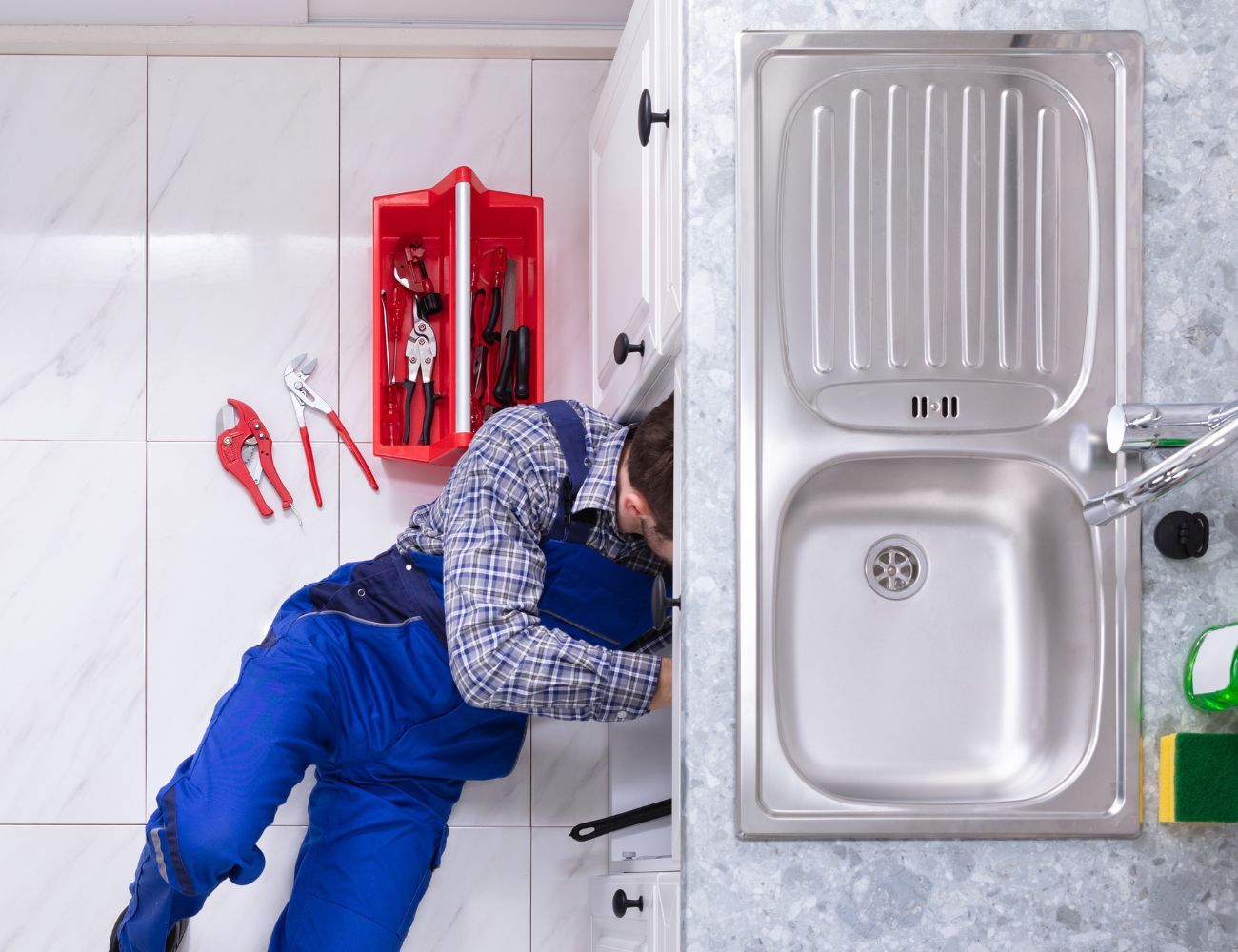
When plumbing problems happen, homeowners often wonder whether they should call a large national company or hire a local plumber. If you live in Newnan, GA , choosing a local plumbing professional can make a significant difference in service quality, response time, and long term results. Working with a trusted local plumber gives you peace of mind knowing your home is in the hands of someone who understands the area and values the community. A local plumber offers faster response times when you need help most. Plumbing emergencies like burst pipes, overflowing toilets, or water heater failures require immediate attention. A plumber based in Newnan can reach your home quickly without delays caused by long travel distances. This faster service can help reduce water damage and prevent costly repairs. Local plumbers prioritize nearby customers because their reputation depends on satisfied homeowners in the same community. Hiring a local plumber in Newnan, Georgia also means working with someone who understands Newnan homes and plumbing systems. Many houses in the area share similar layouts, pipe materials, and water pressure conditions. An experienced local plumbing contractor has likely worked on homes just like yours. This familiarity allows them to diagnose issues faster and recommend effective solutions that last. Whether you need drain cleaning, leak detection, or water heater repair, local knowledge leads to better outcomes. Another benefit of choosing a local plumbing company is personalized customer service. Large national chains often treat customers like numbers. A local plumber builds long term relationships and focuses on trust and reliability. At Only Plumbing Newnan , our team takes the time to explain the problem, outline repair options, and answer questions honestly. This personal approach helps homeowners feel confident about their plumbing decisions. Cost transparency is another reason many homeowners prefer a local plumber. Local companies rely on fair pricing and positive reviews to grow their business. You are more likely to receive honest estimates and clear explanations of costs before work begins. A trusted plumber in Newnan will recommend only the services you actually need rather than upselling unnecessary repairs. Local plumbers are also invested in maintaining a strong reputation within the community. Online reviews, referrals, and word of mouth play a major role in local success. This motivates plumbers to deliver high quality workmanship and dependable service on every job. When you hire a local plumbing company, you are supporting a business that cares about long term customer satisfaction. Routine plumbing maintenance is another area where local plumbers excel. Scheduling regular inspections with a plumber who knows your system helps prevent major issues down the road. Preventative plumbing services such as pipe inspections, drain maintenance, and water heater tune ups can extend the life of your system and save money over time. A local plumber can create a maintenance plan tailored to your home. For homeowners searching for reliable plumbing services, choosing a local professional offers clear advantages. Faster response times, local expertise, personalized service, and fair pricing all contribute to a better experience. When you need a plumber you can trust, working with a local company ensures quality results and dependable support. If you are looking for a trusted plumber in Newnan, GA, Only Plumbing Newnan is here to help. Our experienced team provides professional plumbing repair, emergency plumbing services, and routine maintenance with honesty and care. Contact Only Plumbing Newnan today to schedule service and experience the difference a local plumber can make for your home.
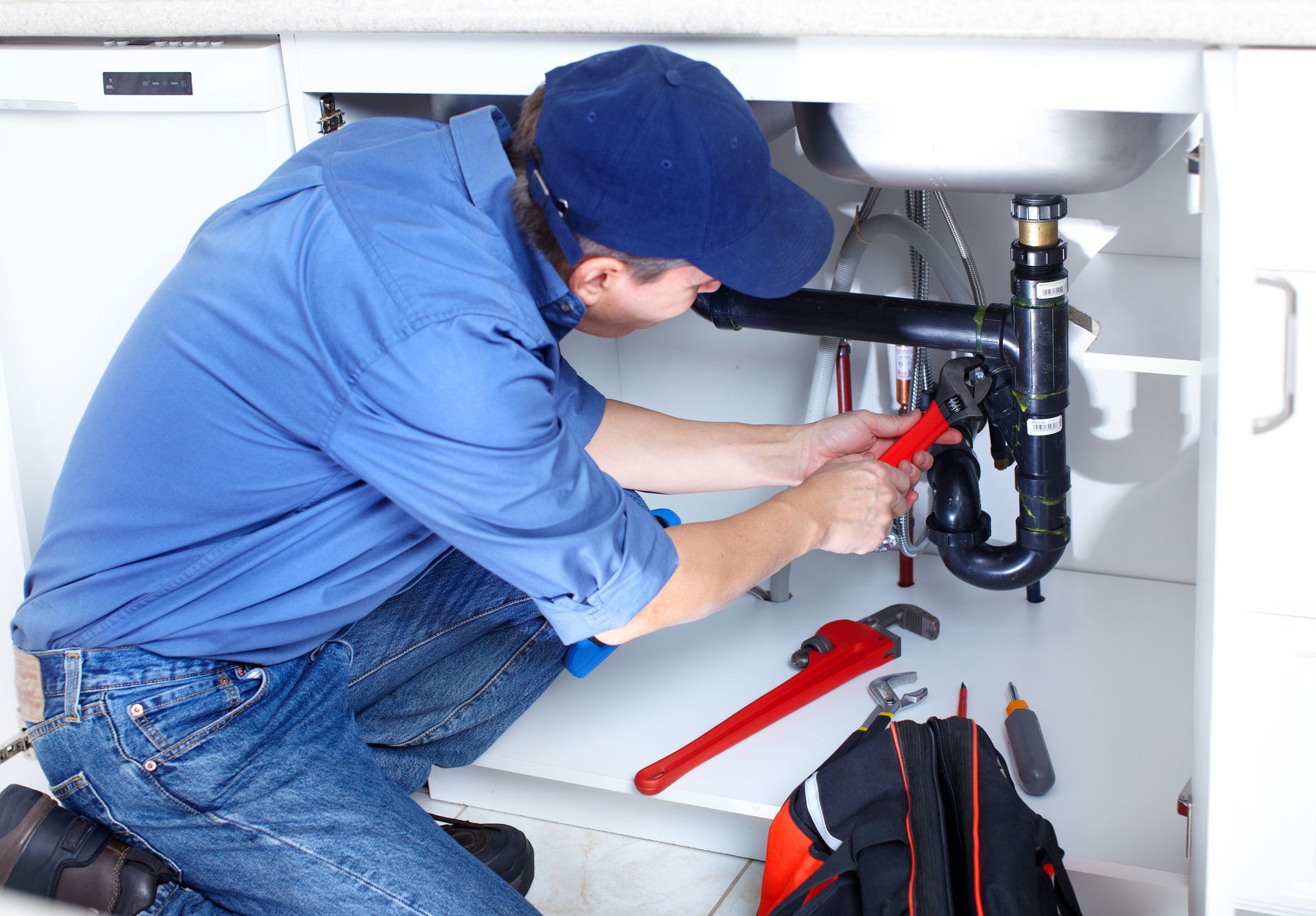
If you have ever searched for the best plumbing company in Newnan, GA chances are you were dealing with a stressful situation. Maybe a pipe burst late at night, your water heater stopped working, or a drain backed up right before guests arrived. Plumbing problems rarely come at a convenient time, which is why choosing the right Plumbing Company Newnan homeowners can trust truly matters. So what makes one plumbing company stand out from the rest in Newnan? It comes down to trust, experience, response time, and how well a company treats its customers. That is exactly where Only Plumbing Newnan continues to earn its reputation as a top choice for local residents and businesses. Local Experience You Can Count On Newnan homes are unique. From older properties with aging pipes to newer builds with modern plumbing systems, local knowledge plays a big role in getting the job done right the first time. Only Plumbing Newnan is a locally operated plumbing company that understands the specific plumbing challenges common in the Newnan area. That local expertise allows our plumbers to quickly diagnose issues and recommend long lasting solutions instead of temporary fixes. When you work with a local Plumbing Company in Newnan, Georgia homeowners rely on, you are not just hiring a technician. You are partnering with professionals who care about the community and their reputation within it. Reliable Emergency Plumbing Services Plumbing emergencies do not wait for business hours. Whether it is a burst pipe, overflowing toilet, or sudden loss of hot water, fast response is critical. Only Plumbing Newnan offers dependable emergency plumber Newnan GA services so you are never left dealing with damage alone. Our team arrives promptly, explains the issue clearly, and takes immediate action to protect your home. That level of reliability is one of the biggest reasons customers consider us the best plumbing company in Newnan. Full Service Residential Plumbing Solutions Another factor that separates an average plumber from the best is the range of services offered. Only Plumbing Newnan provides complete residential plumbing services including leak detection, drain cleaning, fixture installation, pipe repairs, and routine maintenance. We also specialize in water heater repair Newnan homeowners depend on, whether you have a traditional tank system or a tankless unit. Our plumbers take the time to assess whether repair or replacement is the most cost effective option for your household. Honest Pricing and Clear Communication No one likes surprises when it comes to plumbing bills. At Only Plumbing Newnan, transparency is a priority. We provide clear explanations, upfront estimates, and honest recommendations. Our goal is to earn long term customers, not push unnecessary services. Customers often tell us they appreciate how comfortable and informed they feel throughout the process. That trust is what turns first time callers into repeat clients and referrals. Why Only Plumbing Newnan Is the Best Choice When you combine local expertise, fast emergency response, full service plumbing solutions, and honest customer care, it becomes clear why so many homeowners choose Only Plumbing Newnan. We are not just another Plumbing Company Newnan residents find online. We are a dedicated team committed to protecting your home and your peace of mind. Ready to Work With the Best Plumbing Company in Newnan, GA? If you need a reliable plumber you can trust, do not wait for a small issue to turn into a costly repair. Contact Only Plumbing Newnan today to schedule service, request an estimate, or get immediate help from an experienced emergency plumber. Call now at (770) 683-1550 and experience the difference of working with a plumbing company that truly puts Newnan homeowners first.

